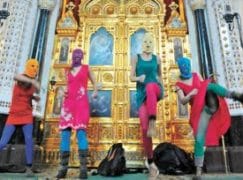Operanostalgia reports the death in a Berlin retirement home of the soprano Helga Moira, aged 81.
Never an international star, she worked intensively in Cologne Opera with the conductor Yuri Aharonovich and made a number of recordings.
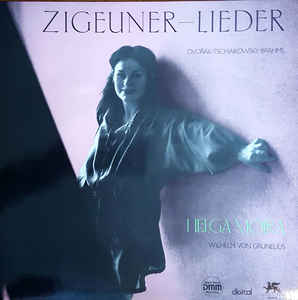
Operanostalgia reports the death in a Berlin retirement home of the soprano Helga Moira, aged 81.
Never an international star, she worked intensively in Cologne Opera with the conductor Yuri Aharonovich and made a number of recordings.

The international bass-baritone Gerald Finley, due to open London’s Wigmore Hall season tomorrow night, has been rushed to hospital with appendicitis.
The Wigmore have replaced him with a tenor, Robin Tritschler.

The overworked Yannick Nézet-Séguin has pulled out of Vienna’s run of Salome next week with a doctor’s note. No specific cause is stated.
He will be replaced by Simone Young, who is already in the house, rehearsing Prokofiev’s The Gambler.
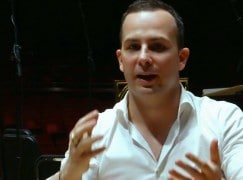
John Berry’s Opera Ventures brings together individuals of high net worth to pay for opera productions that are staged outside established venues.
OV’s first hit was Greek at this year’s Edinburgh Festival.
John says: ‘When I was at ENO, we had £15m in fixed costs. Our charity runs on less than £100,000 a year, yet it’s capable of producing projects that cost £800,000-£1m, which in this environment is becoming impossible for many organisations.’
John’s logic is impeccable and it looks like he has a good starting list of donors.
But the really, truly, horribly rich will always put their money into bricks-and-mortar opera houses where they can invite their friends and play at being Onassis. The big beasts need not fear.
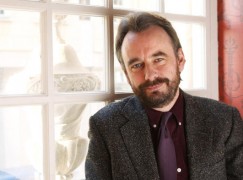
press release:
New Zealand baritone Julien van Mellaerts wins top prize at 2017 Wigmore Hall/Kohn Foundation International Song Competition
Julien Van Mellaerts, a 29-year old New Zealand baritone was tonight [7 September 2017] awarded £10,000 after a week of public heats, coaching, talks and masterclasses at Wigmore Hall. In a competitive Final he took First Prize in the Wigmore Hall/Kohn Foundation International Song Competition against three American finalists, baritones John Brancy, Josh Quinn and mezzo-soprano Clara Osowski.
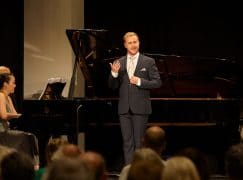
Travesty is not the word for it.
The death has been announced of Pierre Bergé, lover and manager of Yves Saint-Laurent.
In 1988, the vastly wealthy Bergé was appointed head of the Opéra Bastille, where he clashed with the music director Daniel Barenboim, forcing his resignation over Barenboim’s refusal to accept a 50 percent pay cut.
Bergé replaced Barenboim with the unknown Myung Whun Chung and saw the new theatre through to four years past its opening. Chung was fired in 1994 by Bergé’s successor, Hugues Gall. Those were turbulent times, exciting and colourful in comparison to present mundanities.
Bergé always described himself as ‘un artiste manqué’.

UPDATE: When Karajan phoned Barenboim

This is Klagenfurt Opera’s poster for….
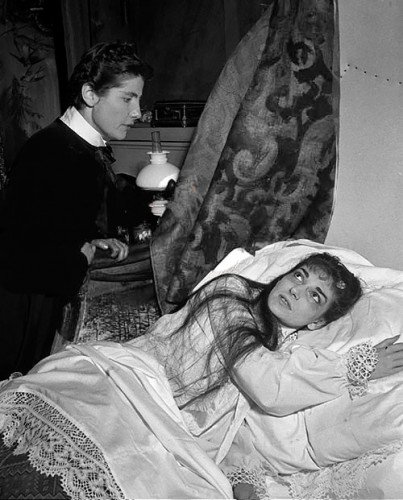
… La Traviata.
2/10 for Regiekonzept.
Hannu Lintu, chief conductor of Finnish Radio, adopted a street dog in St Petersburg and named it Shurik.
The mutt is touchingly devoted to its maestro.
Here’s what it does when Hannu is out at work. (Click top video on the left).

The Lucerne Festival sold 91 percent of its tickets this summer, slightly above last year.
Its exectutive and artistic director, Michael Haefliger, who has been in charge since 1999, signed a new contract this morning, taking him to 2025.
Under Haefliger, the festival’s budget has boomed from 14 to 24 million francs, 95 percent of which is self-financed.

The resignation of Gianfranco Mariotti today came as a shock to the Italian opera infrastructure. He seemed both indestructible and indispensable. The festival at Pesaro is one of the best of its kind.
But the Court of Auditors has raised questions about his contract and Mariotti decided to step aside.
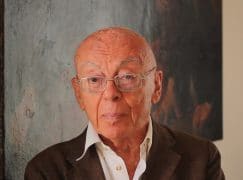
The Russian protest group, imprisoned by the Putin regime and later kicked out of the country, have received the ultimate cultural accolade of respectability – a cover version on a classical album.
Matt Haimovitz and Christopher O’Riley have included their Punk Prayer in a forthcoming Pentatone release titled Troika.
Matt explains:
‘With our cover of Pussy Riot’s Punk Prayer, we celebrate the band’s courage and the spirit of protest in an age of Orwellian intimidation. In the opening and closing chorales, I use a glass slide on the strings as I pluck with the right for an eerie theremin-like effect. The grunge punk distortion in the bass is also acoustically achieved with a styrofoam cup smashed behind the cello’s bridge.
The traditional three-horse-drawn troika moved across the Russian landscape with its own elaborate system of bells and whistles, used to herald its arrival to the coming town. Here, the composers and songwriters of TROIKA, each in their own way, use the power of their voices to warn and to cajole, to resist and to remember.’
